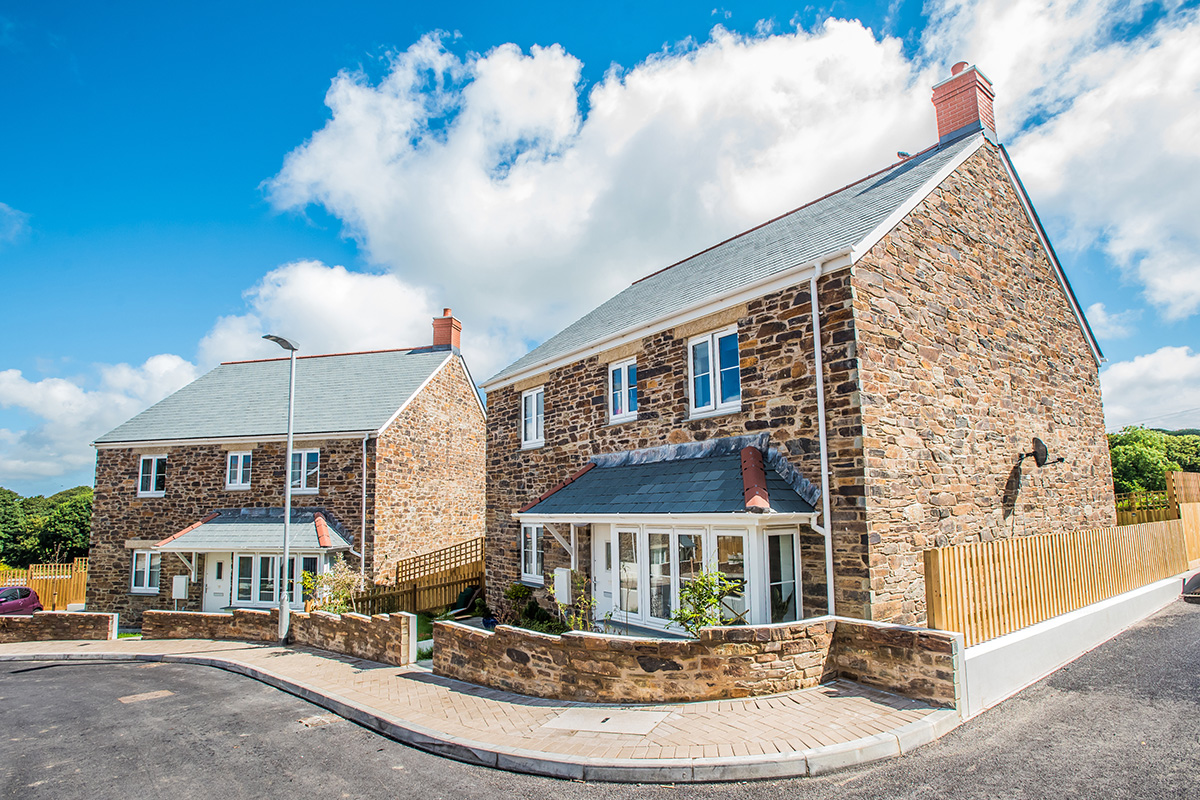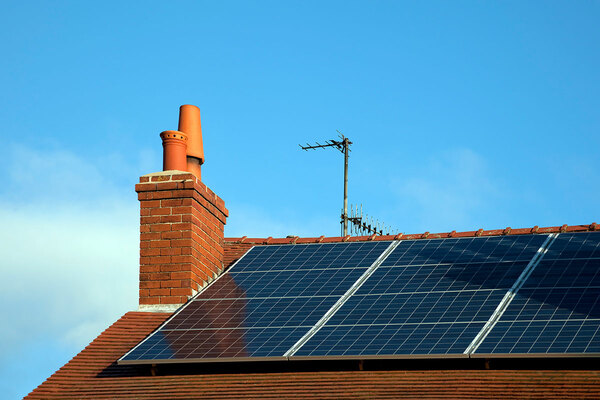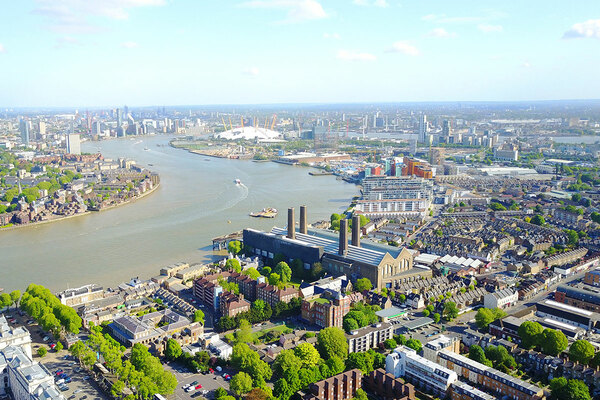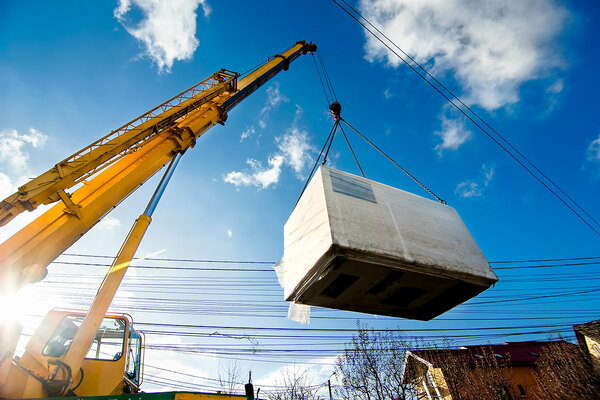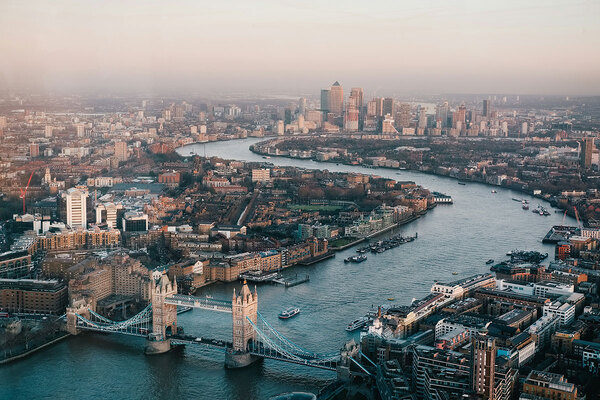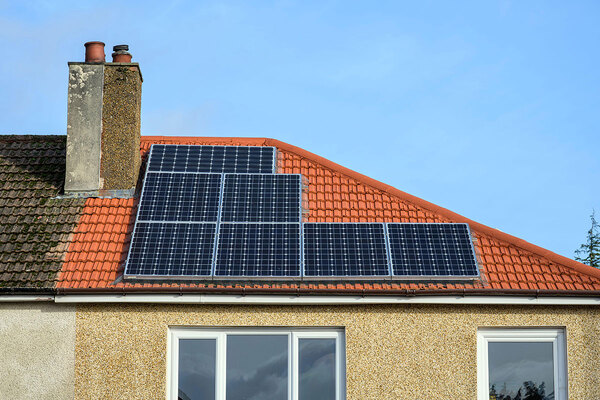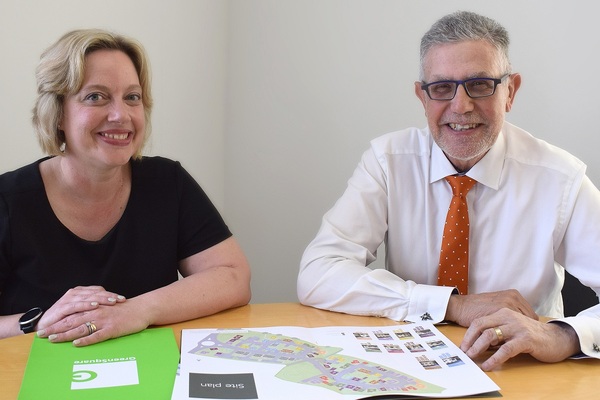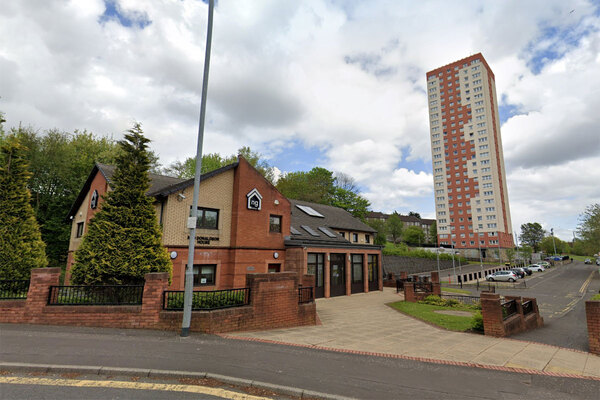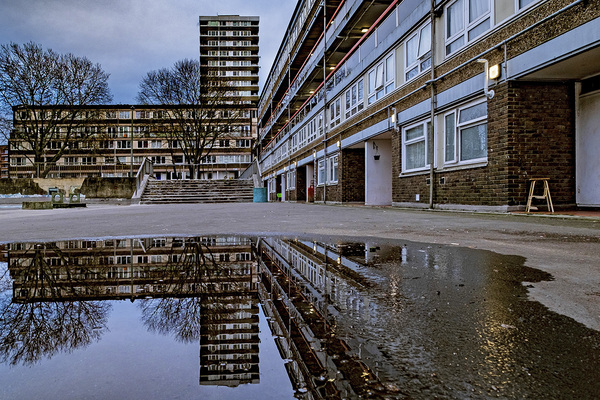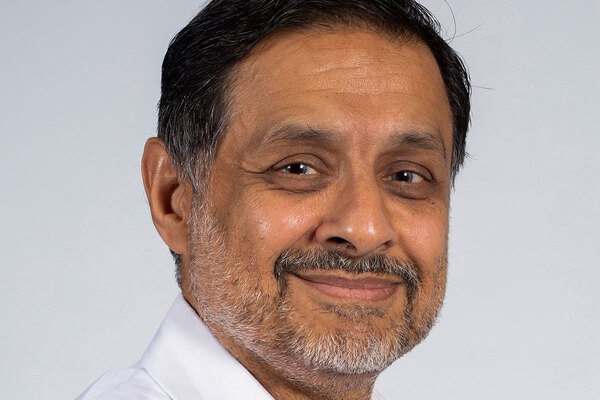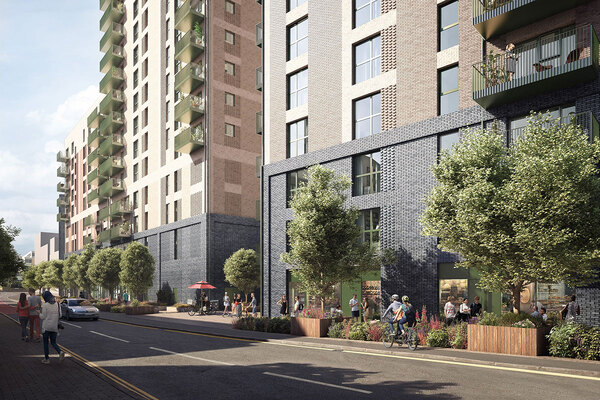Q&A: LiveWest chief talks environmental policy
As LiveWest prepares to launch its environmental strategy, Inside Housing speaks to deputy CEO Melvyn Garrett to find out more about the landlord’s plan and what lessons the sector can learn
In association with:

Where should housing providers begin when starting to develop a new environmental strategy?
Most importantly, you must begin with colleague engagement and input. We have established environmental champions across the organisation who have been instrumental in defining our goals.
Our commitment is to reduce the environmental impact of our activities and to create a clean and sustainable future for our residents, employees and families. Climate change has a significant impact on the health, safety and well-being of all of us.
With local councils declaring climate emergencies across the South West and, as the largest housing provider in this region, we wanted to renew our environmental commitments in order to embed sustainability across the organisation and to assist
our local authority partners to achieve the goals outlined in their climate action plans.
What is the sector’s biggest impact on the environment, and how can it be addressed?
As an organisation that manages more than 37,000 homes, we recognise that our existing stock is our biggest impact on the environment; indeed, most of the homes that will be standing in 2050 are already built.
What steps can developing housing associations take to ensure that their new housing is part of the solution, rather than part of the problem?
It is important for associations to have a voice in the regional and national policies that shape the future of housing development, and to support local authorities.
We have committed to delivering our new homes to EPC Rating high B or A using an enhanced fabric-first approach to ensure our homes outperform current building regulations, reducing carbon emissions and energy demand.
How much of a contribution can modern methods of construction (MMC) make?
MMC will have an increasingly important future role to play in the sector in terms of increased delivery, waste reduction and improved environmental performance.
LiveWest is a board member of Building Better, which is a strategic alliance of housing associations supported by the National Housing Federation. Our aim is to encourage collaboration across the social housing sector in order to realise the true benefits of MMC in terms of quality, sustainability and better value.
Gas boilers will likely be banned in new homes from 2025. How much of a challenge is that, and what can housing providers do now to prepare themselves?
Due to our geography, there are many properties in our housing stock unable to connect to mains gas, so we are experienced in specifying, delivering and maintaining off-gas, low-temperature heating systems.
However, gas remains a cheaper fuel source for our residents and therefore currently we will continue to use gas where available. But we are designing our homes to ensure a non-gas heating system can be retrospectively – and cost-effectively – fitted.
We remain vigilant about emerging technologies, whether they be hydrogen boilers, heat pumps or other low and zero-carbon technologies, to ensure we choose the most appropriate systems for our organisation’s and residents’ long-term needs.
Building fabric aside, how can developers ensure that outdoor spaces can contribute to improving their environmental performance?
Green infrastructure is an important multifunctional feature in our communities, and accessing outdoor spaces has never been more important.
We are committed to promoting sustainable and bio-diverse green spaces, including edible landscaping, tree planting, wild meadows and wildlife corridors through our landscape design on our new build estates and by rewilding our network of existing green spaces.
In 2018, LiveWest commissioned a tree valuation report that measured the economic benefits and values of our trees and other green infrastructure.
This project is the first in the UK by a social housing provider and allows us to quantify that the trees under our management store over 3,600 tonnes of CO2, with a further 109 tonnes sequestered every year.
In numbers
3,600
Tonnes of CO2 stored by trees under LiveWest’s management
20%
Target for reduction in paper consumption in LiveWest’s offices over the next year, although it is now considering making this target more challenging
What can providers do to help their residents become more environmentally friendly?
As part of our recent environmental campaign, we are engaging with our residents through our digital platforms to encourage them to be more sustainable and to save money through various videos and guides.
We will be looking to encourage our residents to become environmental champions and assist others to adopt a more sustainable lifestyle.
We also have a dedicated renewable technologies team who work closely with our residents to ensure they understand how to operate the low and zero-carbon systems within their homes.
What contribution can offices and working practices make to an organisation’s environmental policy?
Our offices are still in use, but we recognise these are challenging times and we have adopted a flexible way of working for colleagues.
We had originally targeted a 20% reduction in our paper consumption over the next year and a 10% reduction in business mileage year-on-year for the next three years, but with our current working patterns we are considering making these targets more challenging.
LiveWest is also providing employees with an opportunity to own a low-emission car at a cost they can afford through a salary sacrifice scheme.
Phasing out single-use plastic at our offices as well as using environmentally friendly stationery further demonstrates our drive to become a more sustainable business.
We have seen the COVID-19 pandemic accelerate the trend towards digitalisation across many sectors. What sort of role can technology play in driving organisations’ environmental agendas?
The pandemic has focused businesses’ attention on the strategic importance of digitalisation. Embracing technology allows our residents to access information when it suits them, with lettings viewings and our sales teams walking residents through their homes digitally. All of our lettings contracts can now be signed digitally.
Our asset teams are researching into how the ‘Internet of Things’, sensors and analytics can help us to better manage large housing stock portfolios, including diagnosing repairs issues digitally to ensure problems are resolved first time.
We have also accelerated our provision for home working as a consequence of COVID-19, ensuring our new homes are designed to include space in which to work.
We are mindful of emerging legislation, technologies and approaches, and are agile in the way we navigate this landscape and deliver services to our residents as we move towards a more sustainable future together.
